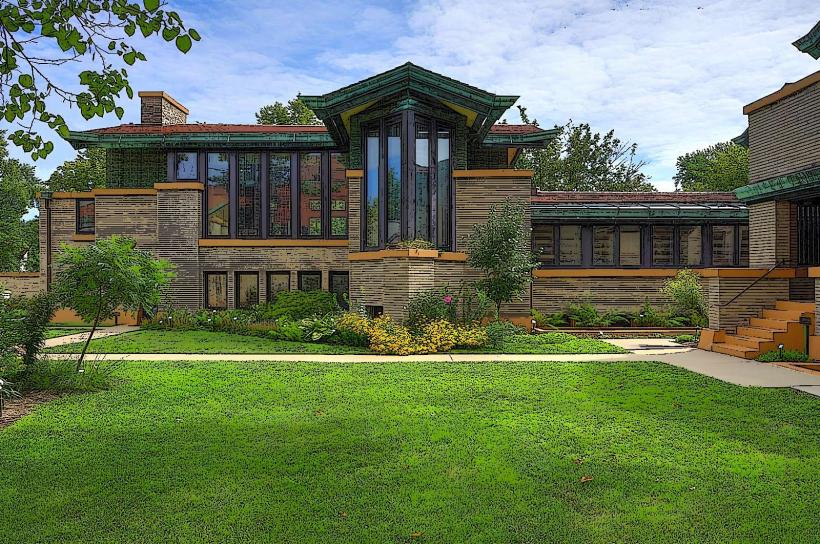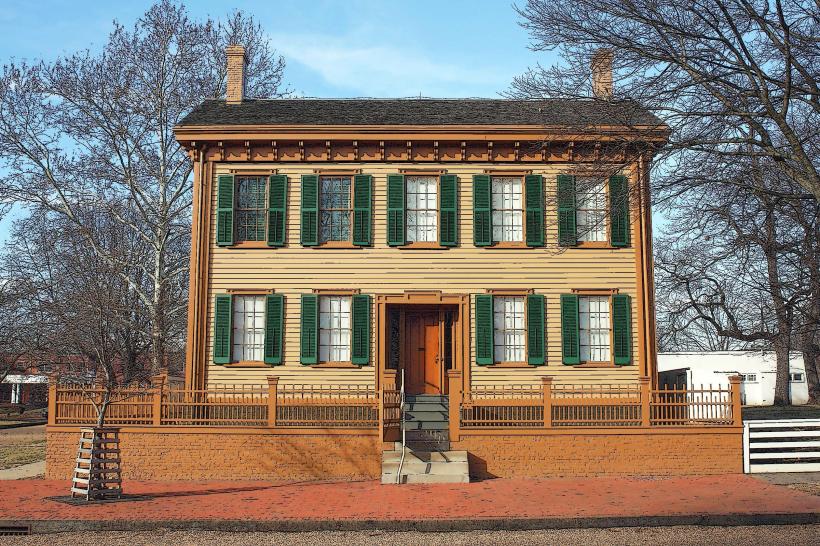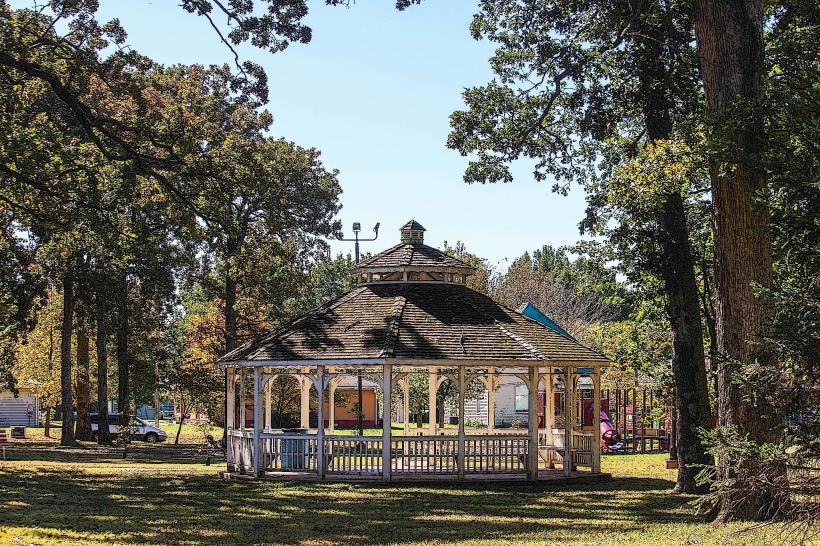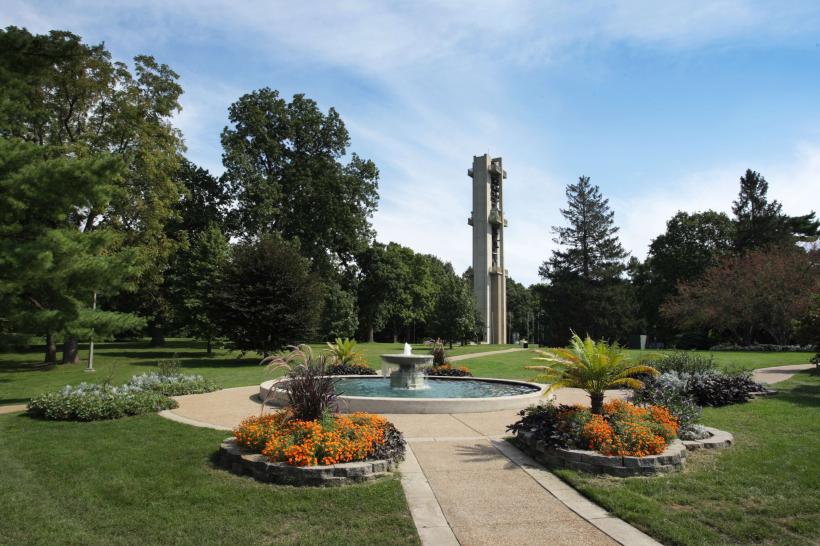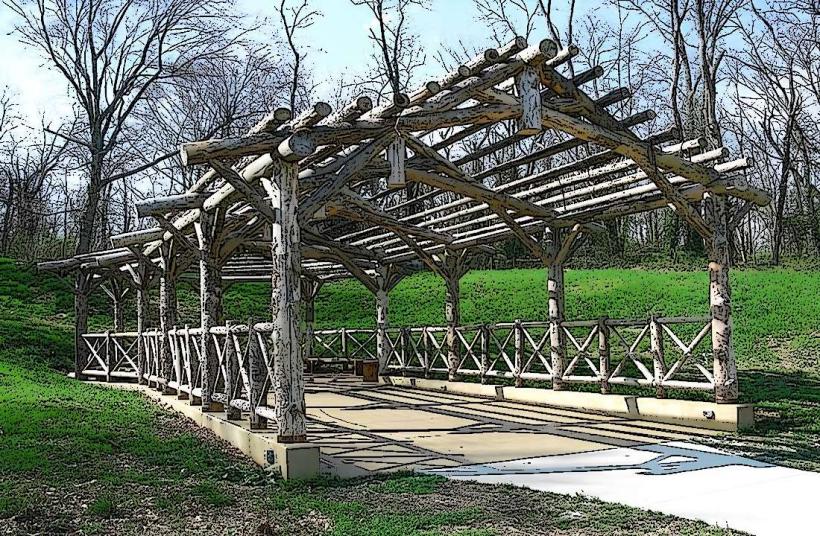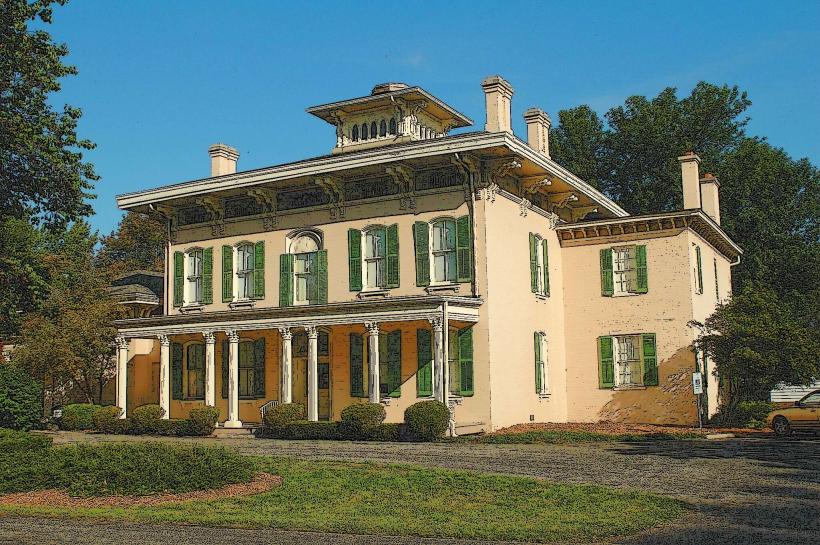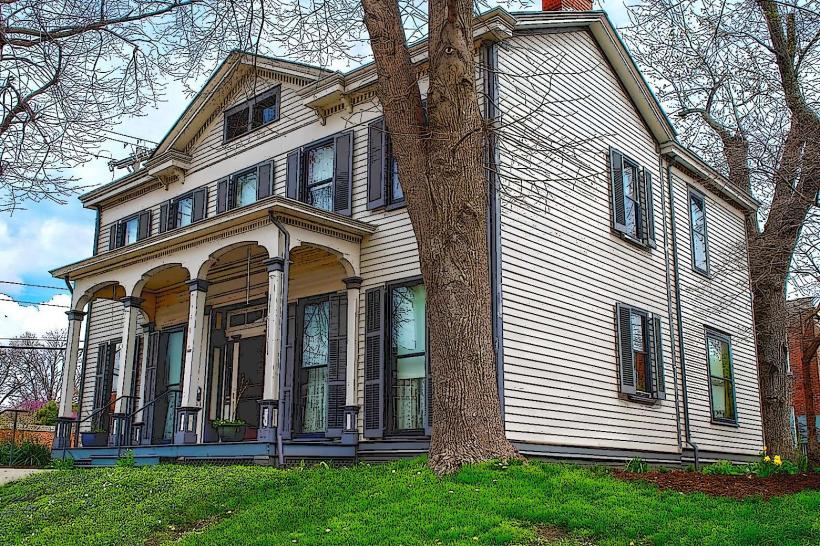Information
Landmark: Washington Park Botanical GardenCity: Springfield
Country: USA Illinois
Continent: North America
Washington Park Botanical Garden, Springfield, USA Illinois, North America
The Washington Park Botanical Garden in Springfield, Illinois, is a beautifully maintained 20-acre botanical garden located within the larger Washington Park. It serves as a vibrant showcase of plant diversity and horticultural design, welcoming visitors year-round for education, recreation, and special events.
Detailed Overview of Washington Park Botanical Garden
1. Conservatory Dome
The garden’s signature feature is a 50-foot-high glass conservatory dome, which houses over 150 species of tropical and exotic plants.
The dome replicates a warm, humid environment ideal for plants from regions such as Africa, Asia, and South America.
Popular seasonal exhibits include Easter lilies in spring, vibrant poinsettias during winter holidays, and orchids year-round.
The conservatory structure is undergoing updates to improve its longevity and visitor comfort, ensuring this tropical oasis remains a highlight for years to come.
2. Rose Garden
One of the largest rose gardens in central Illinois, it contains more than 3,500 rose bushes of various varieties.
It is an accredited All-American Rose Selection Public Garden, recognized for its quality and diversity of roses.
The garden blooms profusely during spring and summer, creating vivid displays of color, fragrance, and form.
It serves as a popular spot for photography, romantic walks, and wedding ceremonies.
3. Other Themed Gardens
Iris Garden: Features a wide array of iris species that bloom in late spring and early summer, offering a colorful and delicate display.
Rock Garden: Designed with plants that thrive in rocky, well-drained soils, showcasing hardy and drought-tolerant species.
Peony Collection: Displays various peony cultivars known for their lush flowers and rich colors.
Shade Garden: Focuses on plants that flourish in low-light conditions beneath tree canopies, such as ferns and hostas.
Roman Cultural Garden: Inspired by Roman horticultural traditions, it features plants historically used in ancient Rome.
Monocot Garden: Dedicated to monocotyledon plants like lilies, orchids, and grasses, highlighting their diversity and ecological importance.
4. Educational and Recreational Aspects
The garden hosts numerous educational programs, workshops, and guided tours for both children and adults, promoting horticultural knowledge and environmental awareness.
Walking paths meander through the garden, with benches and shaded areas for rest and contemplation.
The garden supports conservation efforts by cultivating rare or endangered plant species and promoting sustainable gardening practices.
5. Visitor Amenities
Free Admission: The garden is open to the public without charge, encouraging community access and engagement.
Hours:
Monday to Friday: 12:00 PM to 4:00 PM
Saturday and Sunday: 12:00 PM to 5:00 PM
Facilities: Include restrooms, free parking, benches, vending machines, and free Wi-Fi.
Food and beverages are not permitted inside the conservatory to protect plant health, but picnicking is allowed in designated outdoor areas.
6. Events and Special Uses
The garden hosts an annual Spring Floral Show featuring tulips, daffodils, lilies, and other spring bulbs, drawing many visitors eager to see the colorful displays.
Seasonal floral displays and holiday-themed events add to the garden's year-round appeal.
The garden provides beautiful outdoor venues for weddings and special events:
Rose Garden for intimate ceremonies (up to 100 guests)
Outdoor Plaza for larger gatherings (over 200 guests)
Rental packages typically include setup and access for a 2.5-hour block, with options for extended time.
7. Location and Contact
Address: 1740 W. Fayette Ave, Springfield, IL 62704
Contact Phone: (217) 546-4116
The garden is part of the Springfield Park District, which maintains and programs the space.
Summary
Washington Park Botanical Garden is a lush, well-curated garden that combines beauty, education, and community engagement. With its diverse plant collections, impressive conservatory, and themed gardens, it offers visitors a rich horticultural experience in a peaceful setting. It’s a perfect destination for nature lovers, gardeners, photographers, families, and anyone seeking a tranquil outdoor environment.




